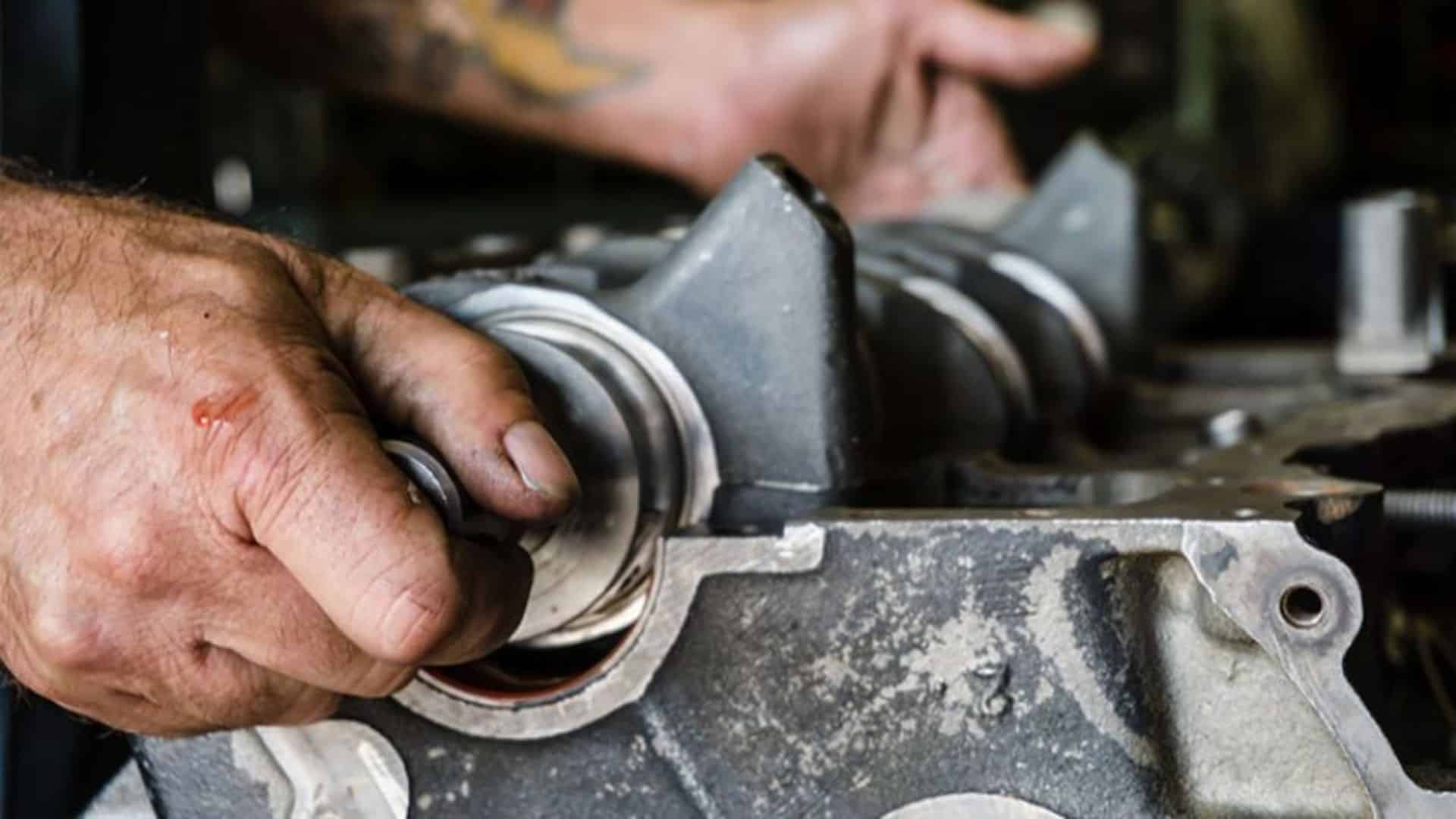Sometimes it’s easy and direct to do car maintenance. Following the manufacturer’s guidelines, you can change the oil and the belts. Your engine’s noise can be heard and seen, and you can check the index panel for any danger lights. You can take assistance from the crankshaft parts in India by boodmo.com for detailed information.
Before they become defective, your diesel engine provides you with reasonable indications or cautions. The Crankshaft is one of your engine’s most crucial components. However, one cannot deny it is among the most neglected ones. One of the critical elements of a diesel engine’s successful internal combustion is the Crankshaft.
During engine operation, they are subjected to extremely high dynamic loads. The Crankshaft converts reciprocating action into rotational or circular motion and has a linear axis. It must support the sideways load through the main bearings during rotation.
Typically, more bearings support the cylinder than supported pistons. Counterweights are also installed on crankshafts to keep the engine rotating in balance. You can cast these counterweights into the piece; you can alter or change them by simply adding or removing weights or material from particular areas.
Usually, the rotating assembly’s balance must only be adjusted when replacing or modifying a part. Water hammers, aberrant combustion, mechanical crankshaft overload, crankshaft failure owing to loose counterweights, and unexpected engine jams are the usual causes of fractured crankshafts.
Additionally, excessive rotary oscillation can harm your crankshafts due to malfunctioning vibration dampers, couplings, or flywheels. The material could have weakened as a result of early bearing damage. When altering your engine’s Crankshaft, you must exercise caution since if you do not follow the process correctly, it can also result in degradation.
Here are a few pointers to guide you in taking good care of your Engine’s Crankshaft:
Proper Installation
The installation procedure will determine whether it may prevent any current damage to your Crankshaft. Before installing your connecting rods and main bearing centre, you can repair any damage.
Always keep the oil bores clean and the diameters of the connecting rod journals and main bearing constant when installing the bearing covers and bearing shells. Use compressed air to clean the oil ducts in your engine’s crankcase properly. On the bearing shells’ sliding surfaces, apply the recommended oils.
Additionally, it would be beneficial to recall the primary and rod-bearing caps’ respective serial numbers. The direct and rod cap bolts must be lightly oiled before being tightened to the necessary torques.
Lubrication
The Crankshaft needs to be adequately lubricated to produce turbulent motion. The oil pump delivers the lubricant to the pre-drilled holes and passageways in the crankshaft journals and axis, providing pressure lubrication. The crankcase receives splash lubrication from the oil level and the Crankshaft’s turbulent motion.
Rust or engine oils and oxidation-restricted circulating oils are typical for crankshaft lubrication. These oils contain anti-wear additives, oxidation inhibitors, and viscosity indicator improvers to help the Crankshaft last longer.
Don’t overfill with oil
If you overfill your crankcase with oil, it will rise into the Crankshaft and cause cavitation in the oil. If your oil contains both oil and air bubbles, your engine’s oil pump(s) won’t correctly circulate the oil. It could also lead to overheating since it might put too much force on the engine’s parts.
Furthermore, with gasoline engines, overfilling might harm your spark plugs. Generally, it’s not right to overfill your car’s fluids.
Tips to Increase the Life of Your Crankshaft Service
You must use the proper amount of oil by the manufacturer’s specifications and be sure you are using the oils suggested for your engine.
It would help if you prevented faults in the oil circuit that could lead to oil-pressure issues, such as a faulty oil pump, oil filter housing, faulty injector nozzles, oil filter housing, ducts, and blocked lines. You should also avoid high engine-oil temperatures in your engine as these may lead to the rupture of the lubricating film.
Keys to Remember
If your Crankshaft is damaged or malfunctioning, repair or replace it immediately.
Inspecting the front and back surfaces of your Crankshaft is also helpful in determining whether there are any current problems with oil seals. Additionally, this will assist you in dealing with issues or preventing them from developing into significant concerns later.
Additionally, for good maintenance, you must constantly take measurements of the Crankshaft’s leading journal’s external diameter and keep a record of them.
When your Crankshaft reaches a point of balk repair around its spheres, it will also help to lessen its size and install the appropriate main bearing for its size. On the other hand, you have no option but to repair your Crankshaft if the outside diameter is already damaged.
Wrapping up
In some cases, even when the outer diameter hasn’t yet run out, your engine’s Crankshaft needs to be shrunk to a smaller size if the part’s roundness has reached its maximum point.














Leave a Reply